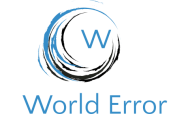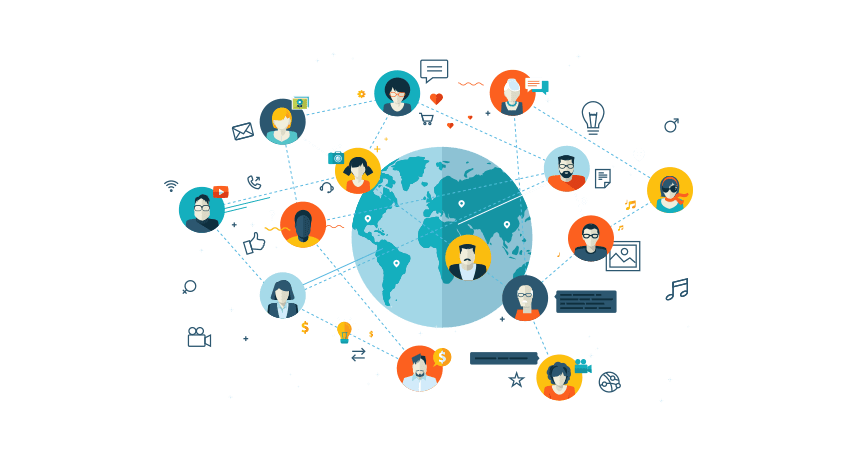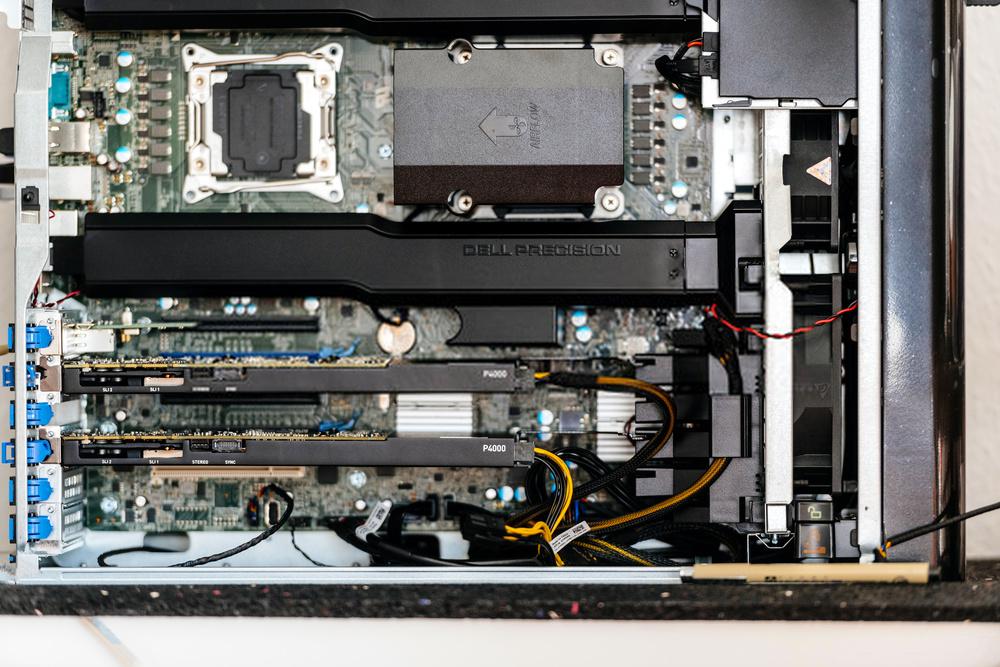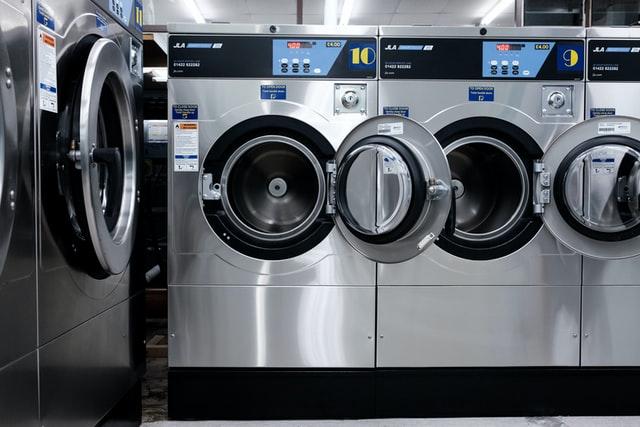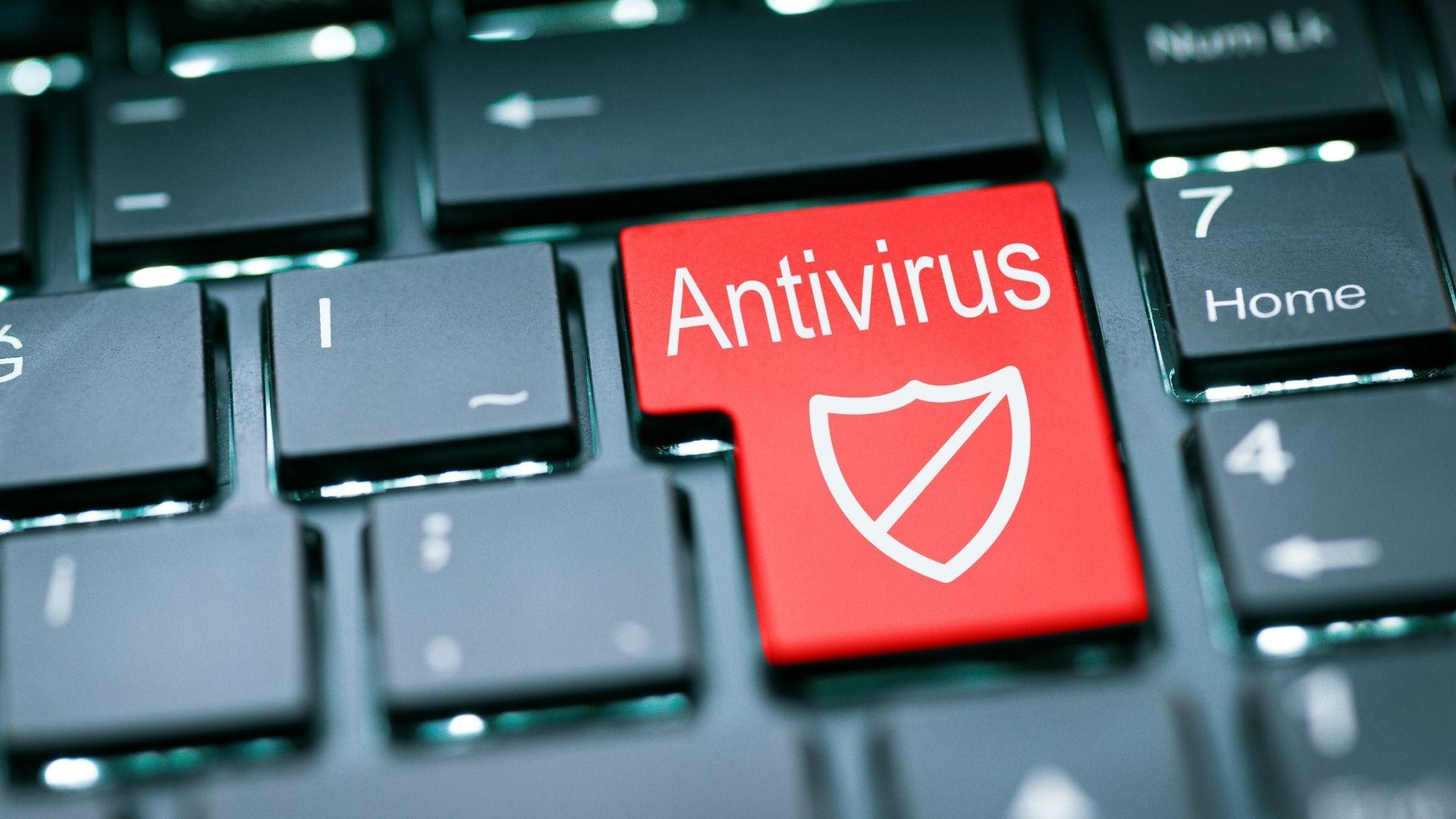
It Is very possible you're inundated on a daily basis with junk email and undesirable pop-ups which promote the most up-to-date spy-ware and anti-virus protection. As un-amusing and more straightforward as it can be, rivalry and the powerful differences between rival antivirus software developers are so tight, so that the manufactures of anti-virus programs are ready to harness your computer's flaws to promote their solutions.
The absolute size and efficacy of the world wide web also its billion-plus users create new computer viruses much more dangerous and virulent than ever before. Viruses can literally disperse across the world in just minutes, affecting tens of thousands of unprotected and unprepared users and companies virtually simultaneously and instantly. The demand for anti-virus protection is of utmost concern for most PC users.
First Things First: What IS a Computer Virus
To Be regarded as genuine computer software, a program requires the capacity to replicate itself and activate its action at specified occasions. A computer virus is simply one of 3 kinds of applications called"malice is". "Maliceware" is software made to harm, steal or delete your data, hijack your computer and even harm or destroy your computer's hardware. The 3 sorts of"malice are all" that you want to be worried about are all Viruses, Trojans, and Worms. Most anti-virus programs are intended to discover and defend your PC from all three dangers.
What Can an Antivirus Program Do
Antivirus apps take two common methods to identify risks to your PC.
1. Signature Detection: Via Signature Detection, an antivirus application scans your pc drives and storage apparatus for documents that comprise a code it acknowledges as a virus version.
2. Task: An antivirus program will track the activity on your computer for questionable Behaviors i.e. alteration of system folders or files and unauthorized links to the world wide web to identify two.
Signature detection Generally requires the maker of antivirus software to acquire a copy of a particular virus and reverse-engineer it to get markers applicable to its own programming. These markers are then packed into your antivirus software via upgrades. Signature detection is a solid methodology for discovering and protecting against viruses, but it may be rendered useless when confronted with a virus that isn't of any significance.
Webroot antivirus programs that scan for possible Computer virus action can be useful at discovering the most recent dangers than people reliant on touch detection. It's necessary to remember that because many programs do the very same tasks as a virus - writing and altering system files such as - a user may become inundated with unnecessary and numerous warnings by antivirus programs that use this process of detection.
Most of the"strong" antivirus programs use a mixture of both signature virus and detection action to secure your computer against threats.
How to Pick the Antivirus App That's Ideal for You
If You try browsing the internet for insight into what will be the best antivirus program or maker, you will shortly find yourself neck-deep at a sea of ads that profess themselves to be valid and unbiased evaluators of these available apps. The reality is, of the significant producers, no 1 solution can provide for each of your prospective needs. All of them have cases where they aren't as successful as the rivalry in discovering or removing a particular disease or danger. There are various fantastic Antivirus software and manufacturers all vying for your company, be it for private or company use, and picking the right program or maker for your personal computer security may normally return to some straightforward questions.
How at Risk Are You Really
Asking This question is possibly the very first and most crucial step toward picking what level of security you require, and just how much cash you're ready to spend, on Antivirus protection. Risk normally equates to a computer's vulnerability to external applications, connections, or files. In the event that you should run a computer that would not come in contact with any application or file not fabricated by a safe source, then you've got almost no demand for an Antivirus program. In other words, in the event that you never intend to connect your pc to the world wide web, download documents with upload or it"at-risk" documents from external data sources, then you need to not have any need for Antivirus software.
Should you Are a casual user that may be linked to the net on occasion through a temporary or dial-up connection and just upload or download files and apps from pretty safe sources, your requirement for an antivirus program is apparent, nonetheless, your risk may be nominal. In this scenario the types and array of protective software may be kept to a minimum; a simple antivirus software designed to scan your hard disk for infections should provide you with the security that you demand. There are various great antivirus applications that can fit this demand available as shareware - a free download - through the world wide web.
Now, if You're like what I'd consider being the vast majority of today's personal computer users, you're an insecure user and require a large array of the very up-to-date antivirus programs out there. In case you've got a broadband net connection that keeps your personal computer linked to the net 24/7. If you upload and download documents and software from arbitrary and untrusted sources, you want to invest in rather comprehensive safety for your PC. High-risk users must spend in an antivirus program that provides real-time scanning of incoming and outgoing connections or documents, a firewall to prevent unauthorized access to a PC through an open broadband link, a pop-up blocker that prevents your computer's browser from being hijacked, and adware scanners that find pop up, spy-ware, monitoring, and redirection program.
Are you currently Purchasing for Business or Home
Antivirus Software made for home and business could be two very different software both in price and effectiveness. Home versions normally cost less and include fewer choices than business-based anti-virus programs. Normally, the home user doesn't require the extra functionality built into company models and therefore, I wouldn't recommend a home user hangs in an antivirus solution developed for business.
Great Antivirus software intended for the company is centered on safety, both from internal and external risks, in addition to ease of upkeep. Most corporate versions of antivirus software allow for a central point of management over whole networks. Security can be broken between net or software servers and individual PCs. New software upgrades are usually"pushed" from a central software server during the whole system, enabling simplicity and assure-it of a community's defense. In most instances, company versions of anti-virus applications don't permit individual users within a system to make modifications to their security settings; this can be of crucial significance when considering overall network stability and security.
As a company buying a Business class antivirus package, it's necessary your protection extends to every individual user who will get into your system. Exchange/mail and net server security are essential, in addition to protection for mission-critical document and application servers. It's a great guideline for IT managers in corporate environments to presume that their customers are going to do everything in their capacity to infect corporate gear with threats and viruses. Though this certainly isn't accurate, assuming that consumers understand how to protect their company computer environment from disease is in the majority of cases professional suicide to the IT manager accountable for
Antivirus Software for the company is usually filled with more choices than software designed for home and consequently is oftentimes a great deal more expensive on a complete lot. Normally, business antivirus apps come as server-based software. Clients, or other permits, are bought for each user or computer which connects to the anti-virus server.
With Respect to this Antivirus Program Itself:
Determining The genuine quality and efficacy of antivirus software can occasionally return to how frequently the manufacturer releases upgrades to the app. New viruses have been introduced into the net on most surely a daily, if not hourly basis. The very best antivirus manufacturers release upgrades on a daily basis and frequently offer upgrades to their apps on a real-time, as-needed basis. The ability of an antivirus program maker to discharge continuous, and related, updates for their apps should be of fantastic concern to the consumer. Not having the most recent updates can nearly be as harmful as having no security in any way.
Other Critical Elements to Consider:
1. The program's compatibility with your existing installation and functioning system? - In case you're still using Windows 98 and you're purchasing antivirus software made in 2006, it is likely that it isn't compatible with your PC.
2. Just how much in the method of system resources does the program use? - Just like most programs and operating systems, anti-virus applications will use your computer's processing capacity, memory, and storage room to operate. Maintaining this usage to a minimum will help to maintain your computer functioning at peak performance.
3. What type of security does the software provide? - Does the program offer security against numerous threats like Worms and Trojans? Will the app scan incoming and outgoing text messages along with e-mails?
4. Price - How much does the security cost you over the life span of your use? - Many anti-virus programs require that you sign up for their support and then buy updates on a yearly basis. The expenses of those updates may fluctuate widely between producers and must be taken into account when creating your final choice.
Answering These questions honestly via an honest evaluation of your computer use Will help guarantee that you invest the correct sum of money and time to making sure that your PC and data are all protected and secure.
Also read about:
Get Your AWS Certified SysOps Administrator Associate Degree
How to improve the performance of computer playing games
List of 5 Main Website Design Mistakes to Avoid
